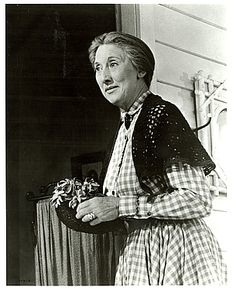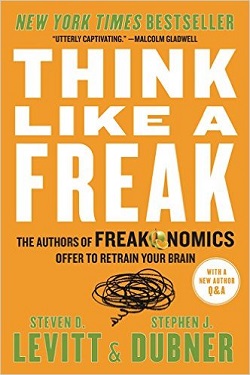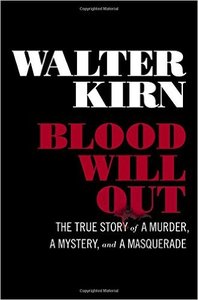 photo credit pixabay.com
photo credit pixabay.com
I mentioned in Tuesday’s post that I’d be sharing a number of thoughts garnered last week’s funeral for Gil Johnson, the father of my dear friend Nancy. The title of this post is one of them, apparently a favorite Gil aphorism.
This is a helpful, useful statement because it’s the answer to the questions, “How did I get myself into this?” “How could this have happened to me?” “Why me?” So it’s a lens onto the past as you look back on the direction your life has taken. And it’s a telescope into the future. Where do I want to be by the end of today? This week? The summer? I will end up where my decisions take me.
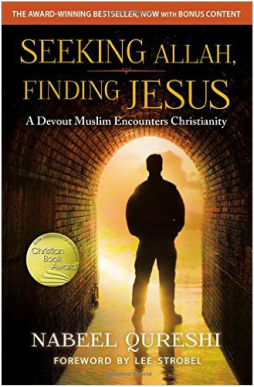

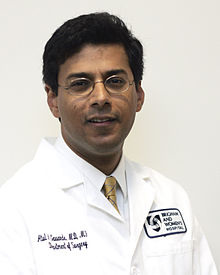
 I said yesterday that I’d write a post about how to get free audiobooks from the library. As a writer myself I’m kind of torn: I want people to buy my books, but I don’t want to buy books myself, for the most part. I certainly hope that a few will purchase the audiobook version of
I said yesterday that I’d write a post about how to get free audiobooks from the library. As a writer myself I’m kind of torn: I want people to buy my books, but I don’t want to buy books myself, for the most part. I certainly hope that a few will purchase the audiobook version of 

